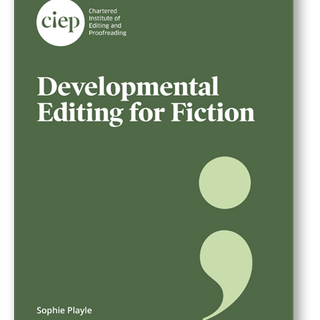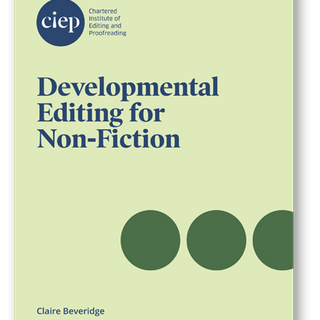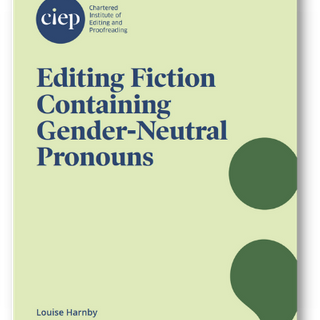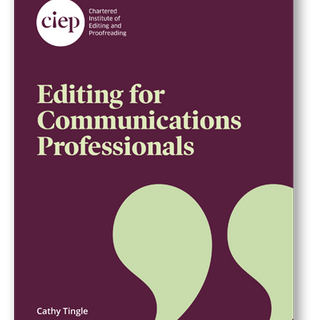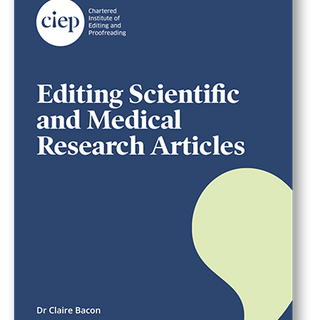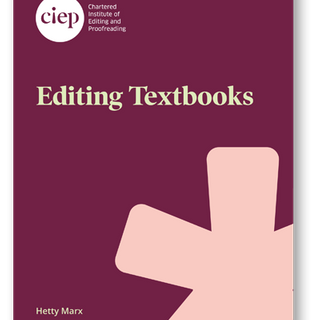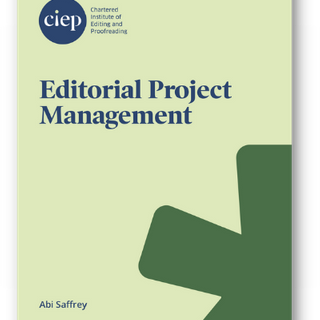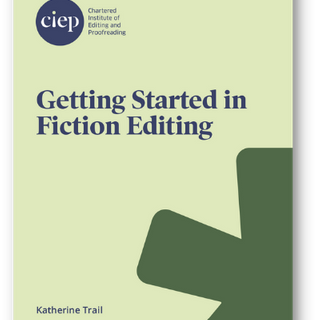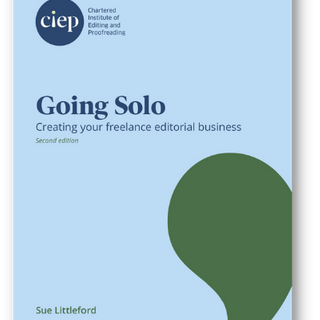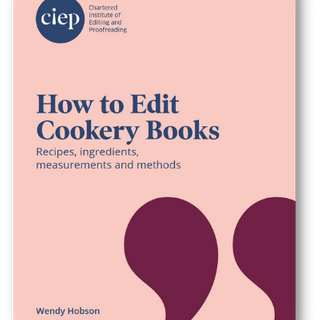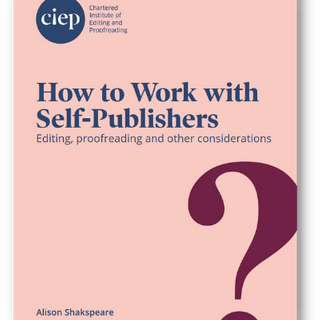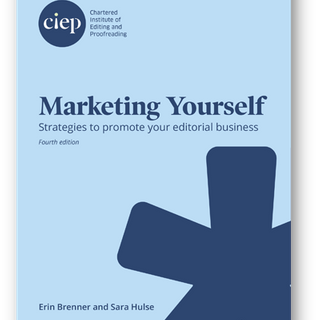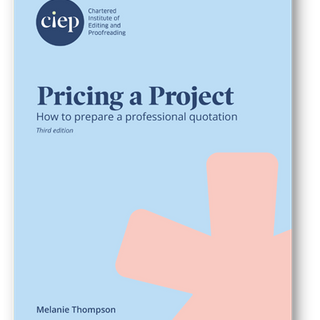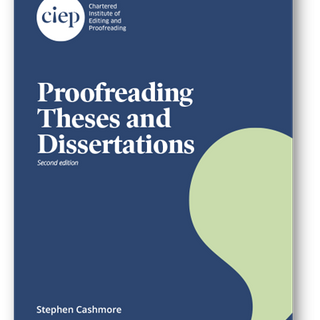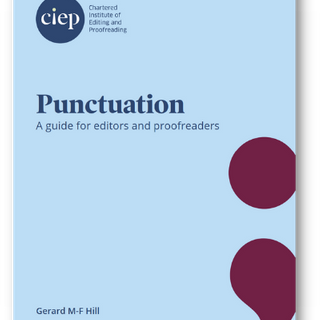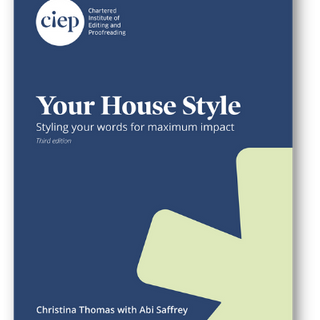Our guides provide a basic introduction to the various skills and knowledge needed to work as an editorial professional. They are intended for copyeditors and proofreaders, both practising and potential, and will also prove useful to others involved in publishing content, including businesses, organisations, agencies, students and authors. The guides are written by experienced editors, who are usually members of the CIEP.
CIEP members have free access to the PDF versions of the guides once logged in.
The guides are well written with common sense and offer invaluable advice.

